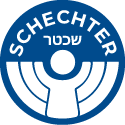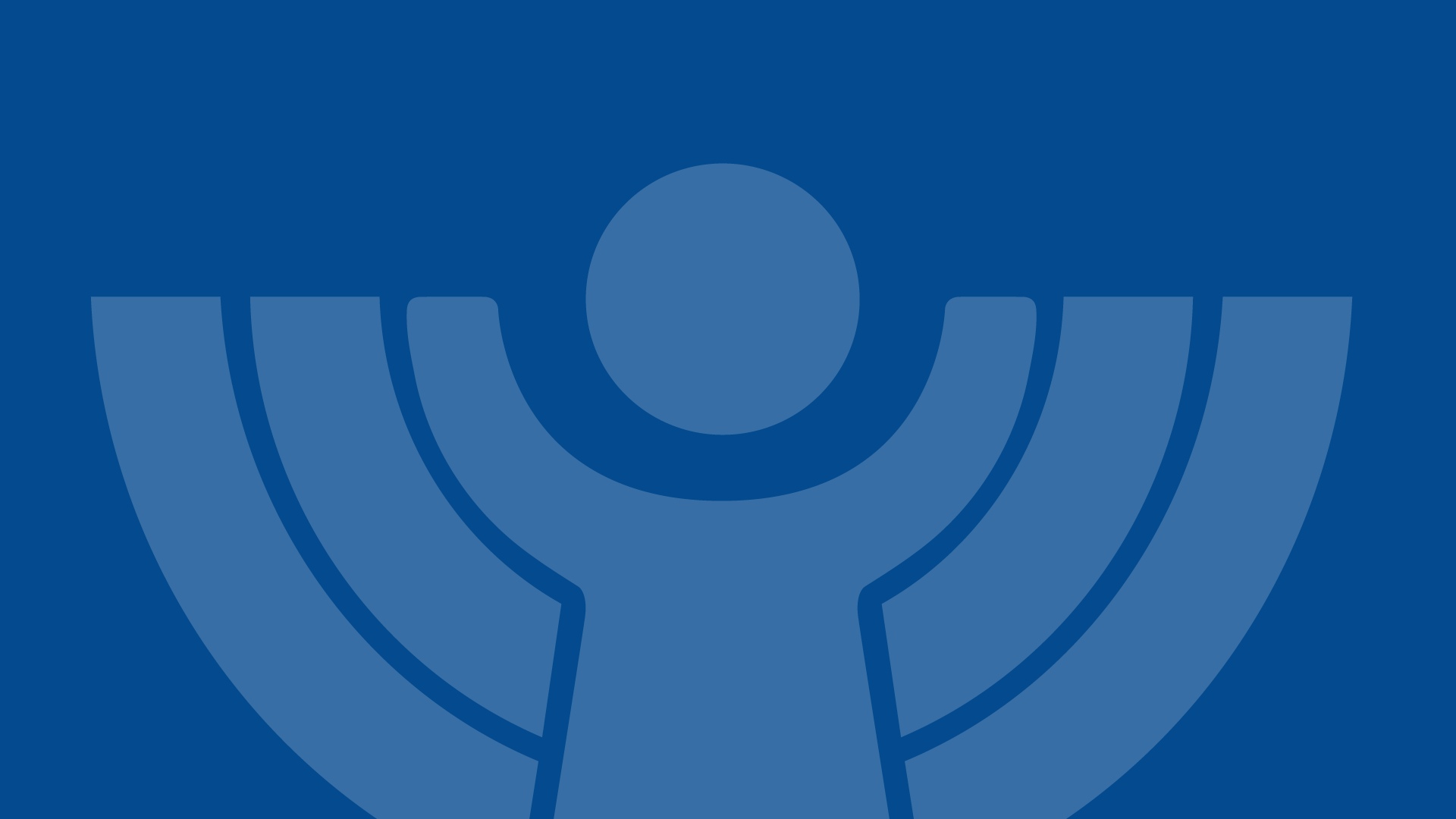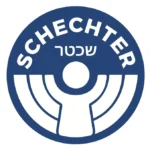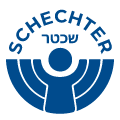Schechter’s Strategies for Teaching Torah in the 21st Century
Teaching Torah in today’s world means more than transmitting ancient knowledge—it means making it relevant, accessible, and deeply meaningful for a new generation.
Teaching Torah in today’s world means more than transmitting ancient knowledge—it means making it relevant, accessible, and deeply meaningful for a new generation. At Schechter, we approach Torah education with a blend of reverence for tradition and commitment to innovation, ensuring students engage with sacred texts in ways that resonate with their lives. From early grades through middle school, Torah learning is central to our Judaic studies curriculum. Students begin with the stories of Bereishit (Genesis), learning not only the narrative arc but the moral and spiritual lessons embedded within. As they mature, they are introduced to parshanut (commentary), helping them explore layers of meaning and appreciate the diversity of interpretation that characterizes Jewish learning. Our educators employ a variety of pedagogical strategies designed to meet students where they are. Storytelling, dramatization, visual art, and music are frequently used in the younger grades to bring Torah stories to life. As students grow, these creative entry points are paired with more sophisticated textual analysis, developing skills in hevruta (partner study), questioning, and critical thinking. The use of hevruta is foundational at Schechter. Students learn to study Torah in pairs, mirroring the traditional approach found in yeshivot. This method not only strengthens comprehension but also fosters collaboration, respect for differing viewpoints, and the ability to articulate one’s ideas. It teaches students that Torah study is not a solitary endeavor—it is a dialogue across generations and among peers. We also incorporate technology into Torah learning. Digital tools such as interactive commentaries, online midrash libraries, and collaborative study platforms help students engage with texts in modern formats. Virtual field trips to Israel or to historical Torah scrolls allow students to contextualize what they learn within the broader Jewish experience. One of our key strategies is connecting Torah lessons to students’ daily lives. When students study tzedek and tzedakah, they are encouraged to participate in acts of justice and charity. When learning about Shabbat, they explore how to bring rest and holiness into their weekly routines. These connections make Torah personal and actionable, turning ancient wisdom into everyday guidance. Our curriculum also integrates Torah with other subject areas. A science unit on ecosystems may be linked to bal tashchit (the prohibition against waste), while a social studies discussion on leadership might include an analysis of Moshe Rabbenu’s strengths and struggles. These interdisciplinary connections deepen understanding and reinforce Torah’s ongoing relevance. Teachers guide students through the process of asking questions—an essential component of Torah study. Rather than presenting one “correct” interpretation, educators at Schechter encourage curiosity and respectful debate. Students are invited to challenge texts, wrestle with complex ideas, and consider how Torah speaks to issues such as justice, identity, and community. Each week, the school community engages with the parashat hashavua (weekly Torah portion) in age-appropriate ways. This rhythm connects students to the broader Jewish world and helps them see Torah as a continuous, unfolding story. In middle school, students often take turns presenting divrei Torah (Torah reflections), building public speaking skills and personal ownership of their learning. Parents are also part of the Torah learning experience. Family learning programs, Shabbat dinners, and holiday events bring Torah into the home, reinforcing that Jewish learning is a lifelong journey, not limited to the classroom. These shared experiences strengthen the school-home partnership and model Torah as a source of joy and connection. We recognize that Torah is not only a subject—it is a spiritual encounter. Time is set aside for reflection, meditation, and prayer that help students internalize what they learn. Discussions about God, ethics, and personal purpose are treated with openness and respect, allowing students to explore their own beliefs in a safe environment. At Schechter, our goal is for students to leave not just with knowledge of Torah, but with a love for it. We want them to feel empowered to continue studying, to see themselves as part of a chain of tradition, and to carry Torah’s teachings into their future relationships, careers, and communities. In teaching Torah in the 21st century, Schechter embraces both tradition and transformation. We honor the sacredness of the text while embracing the tools, questions, and perspectives of the modern world. The result is a vibrant, enduring connection to Torah—one that will inspire our students for a lifetime.









